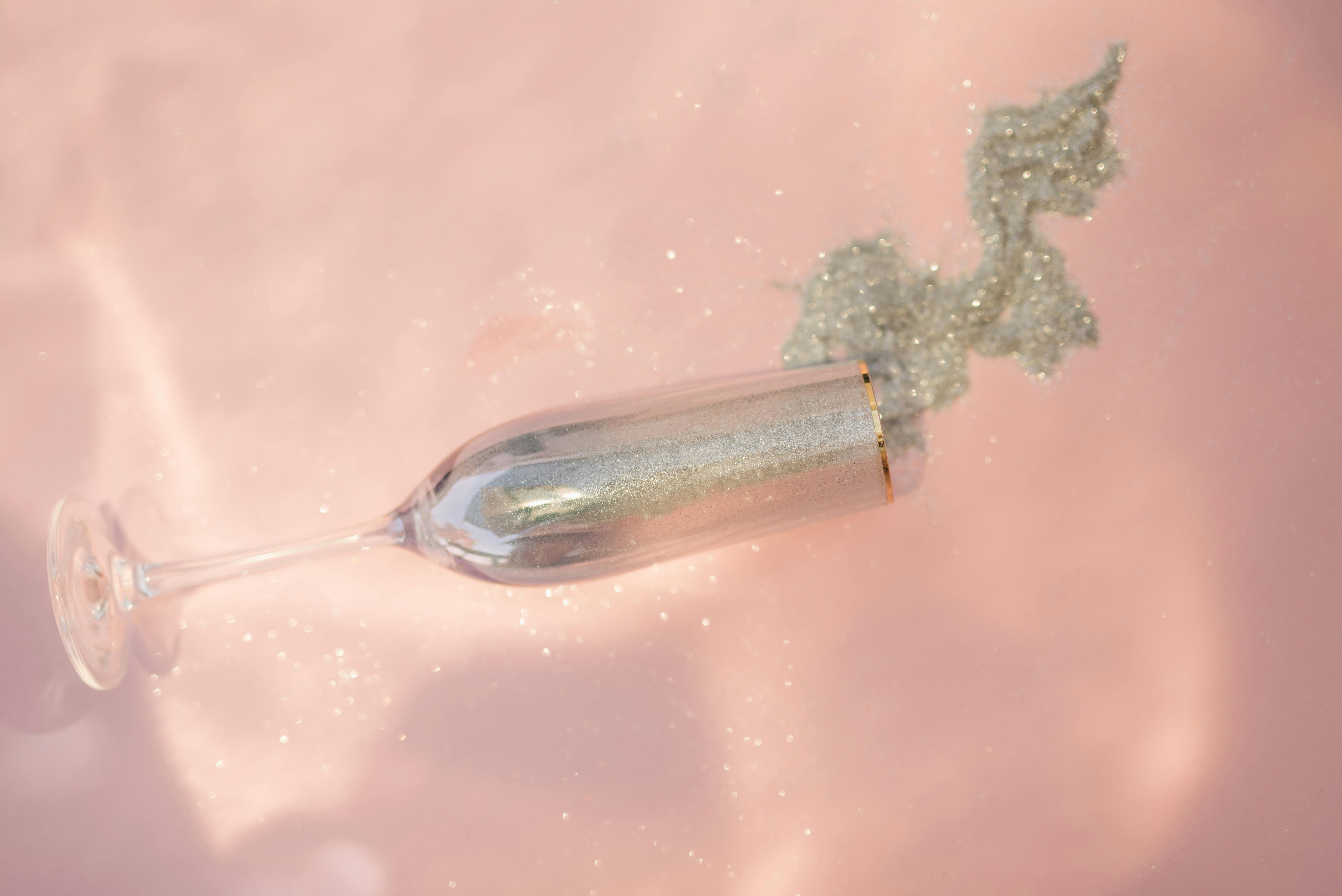You are what you eat: today’s diet compared to healthier times
Get this: Our digestive systems have undergone very little change in the last few thousand years, yet our diet has changed so rapidly that some think our stomachs can’t keep up. And therein lies the root of many problems related to nutrition and diet today.
Just think about it: did our grandparents’ daily diet include a double cheeseburger with a large soda and fries thrown in for good measure? Did they drink cup after cup of coffee to de-stress? Were they inundated with canned and processed food options at local supermarkets? Did you go days without having fruits and vegetables in your meal? We, on the other hand, routinely indulge in these grossly unhealthy eating habits.
It’s obvious that we compare poorly to our grandparents’ generation when it comes to food choices. But there is a school of thought that goes one step further and believes that we should go even further back in time and compare our modern diet with the eating habits that prevailed in the Paleolithic era some 20,000 years ago to assess its quality. The reason given behind such a comparison is that genetically, human bodies have changed little since then, while eating habits have been altered beyond recognition.
Hunter Gatherer Diet
Our ancestors during the paleolithic era hunted and gathered food instead of relying on massive agricultural products. This type of diet, also known as the Stone Age diet or caveman diet, consisted mainly of wild plants and animals that could be hunted and gathered such as game meats, shellfish, fruits, nuts, vegetables, etc.
Hunters and gatherers are cited as the healthiest of all civilizations. However, there was a decline in human health with the arrival of agricultural settlements during the Neolithic. This was also accompanied by the lack of physical labor involved in hunting and gathering food. Since then, human health continues to deteriorate due to modern eating habits and lifestyles.
In contrast to the hunter-gatherer diet, modern diets are devoid of fiber as we hardly consume fruits and vegetables. In fact, Americans get nearly 70 percent of their total daily energy from foods such as dairy products, grains, refined sugars, processed vegetable oils, and alcohol. In fact, such are the limitations of a modern diet that the average American consumes mostly fat and starch in their food. Add to this foods loaded with additives, preservatives, antibiotics, hormones, etc. that arrive at our tables and lo and behold, you have a recipe for disaster.
This is why proponents of the hunter-gatherer diet advocate replicating the dietary habits of our ancestors during the Paleolithic era. The basic assumption behind this defense is that our genetic makeup is adapted to the Paleolithic diet and our system tends to discard all foods that were not or were scarcely available at the time.
The modern Paleolithic diet consists primarily of meat, fish, vegetables, fruits, roots, and nuts, and excludes foods that were never or rarely eaten before the Neolithic and industrial ages, such as grains, legumes, dairy products, salt, refined sugar, and processed oils.
This type of diet has both supporters and opponents, but truth be told, many people may find it unfeasible, affordable or attractive to follow a strictly paleolithic diet.
personal health plan
The key here is finding your own nutritional balance and creating a personal healthy eating plan without depriving yourself of the foods you love. The importance of eating a balanced, fiber-rich diet cannot be stressed enough.
The mantra for good health is to eat plenty of fruits, vegetables, grains and legumes which are a rich source of complex carbohydrates, fiber, minerals and vitamins. In addition to this, limit your intake of refined sugar, salt, and processed foods. Include a wide variety of foods in your diet instead of just animal products, and eat in moderation. Last but not least, drink plenty of water and get 30 minutes of exercise every day.
colon cleansing
A healthy diet plan should lead to a healthy digestive system and a healthy person. However, it is still possible to experience gastrointestinal and intestinal discomfort from time to time. In such a scenario, it can help remove waste and toxins from the body through colon cleansing.
Colon cleansing therapies include colon hydrotherapy, enema, and laxatives. But these days, natural and herbal colon cleansers are increasing in popularity as they are gentle on the system and help cleanse the colon quickly and effectively. These herbal colon cleansers can be purchased at any health store or even online.
Complete herbal colon cleansing programs like BeneCleanse are a safe, easy-to-use, and effective way to promote bowel hygiene. The doctor-formulated colon cleansing program is based on 25 years of scientific research and each ingredient is scientifically backed for its purity, potency, and effectiveness.
Clearly, when it comes to healthy living, going back to basics may not be a bad idea. And complementing it with a comprehensive colon cleansing program is even better!
